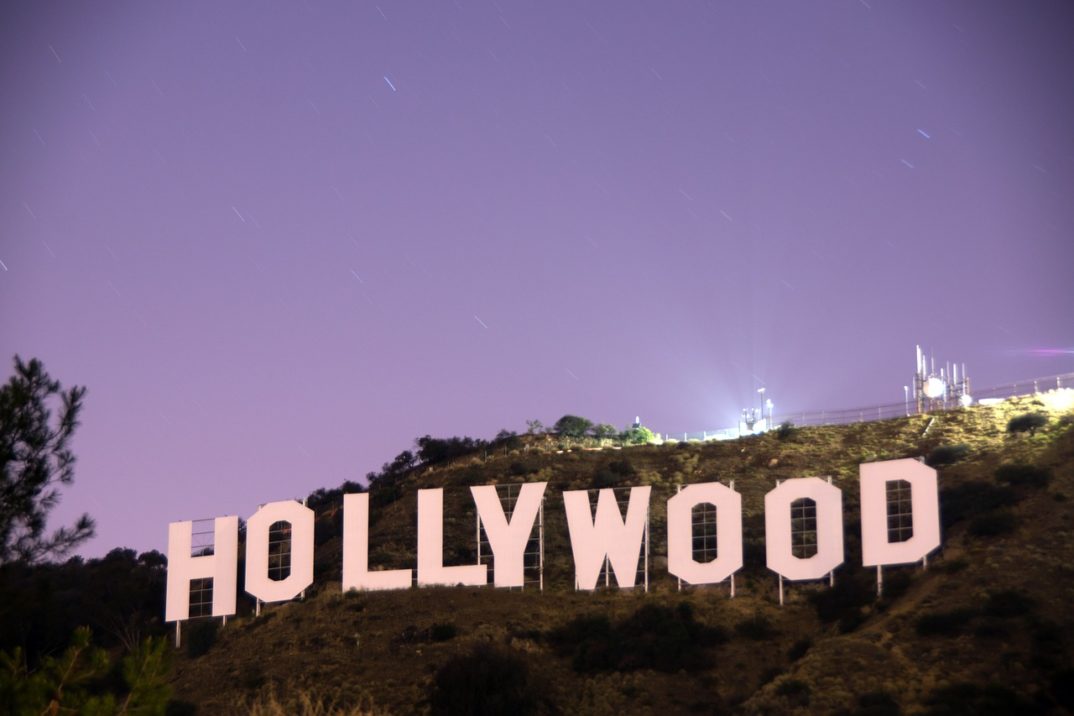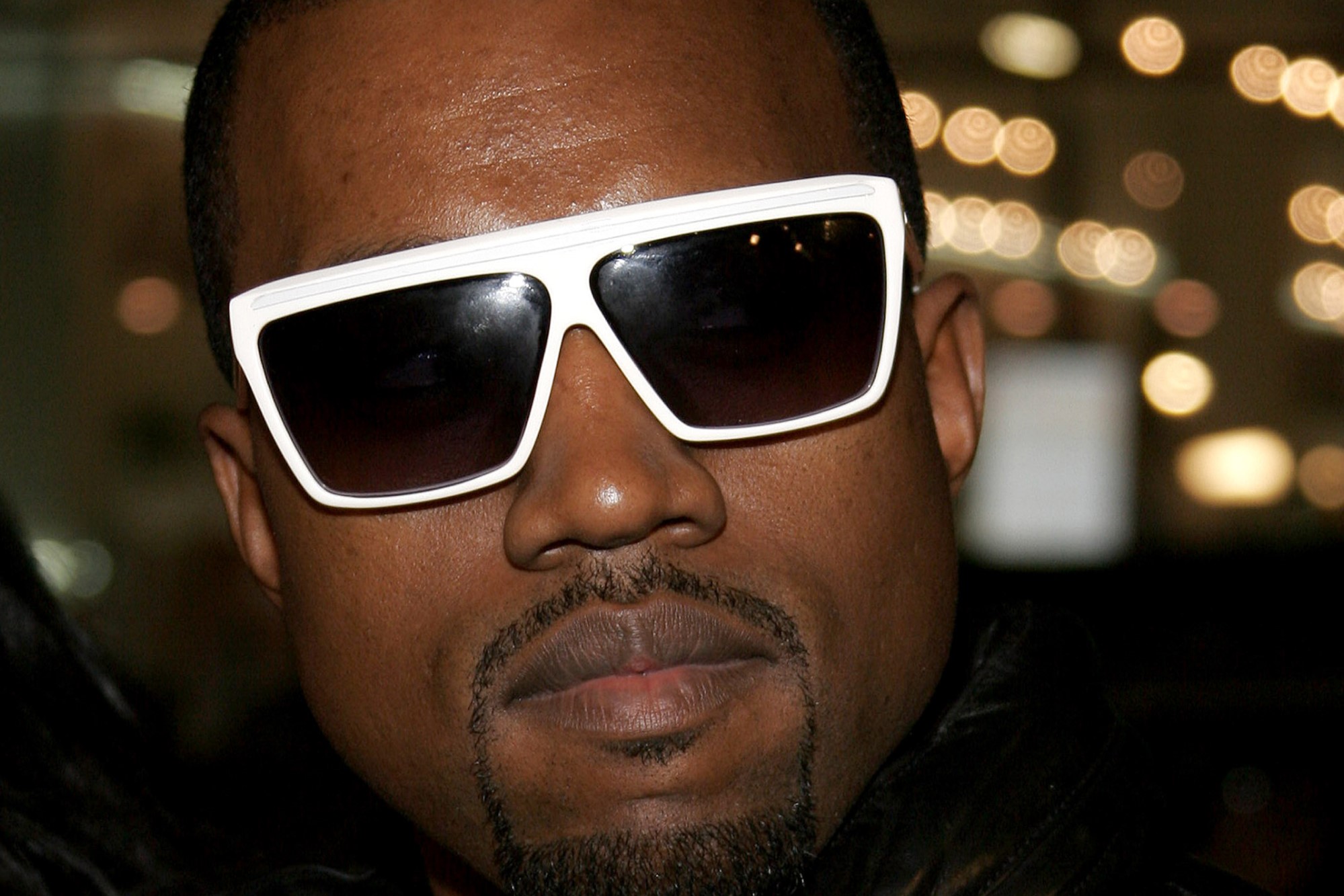Harvey Weinstein and Addressing Hollywood’s Unacceptable Reality
On October 5, The New York Times released a report detailing various instances of sexual assault perpetrated by Hollywood director and executive, Harvey Weinstein, on many of his female colleagues. The allegations span over a period of 30 years, as Weinstein’s power in the film industry protected him from consequences. “Movies were his private leverage,” the report reads, as Weinstein often offered promotions and bonuses to his female colleagues in exchange for sexual acts, and silenced those who spoke out with payments that ranged between $80,000 and $150,000.
The validity of the Times report was reinforced in the week following its release, as various women who were mentioned came out about Weinstein’s sexual advances. Noteworthy names include actresses Ashley Judd and Rose McGowan, and model Ambra Battilana Gutierrez. More women not mentioned in the report also claim to have been victims of Weinstein’s advances, such as actresses Angelina Jolie and Gwyneth Paltrow, and three women even claim to have been raped by the director. A total of 27 women have accused Weinstein of sexually assaulting or raping them as of October 12, but he denies all accusations of non-consensual sex.
Weinstein’s alleged actions, along with all instances of sexual assault, are morally indefensible. Assessing the implications of the Weinstein case, however, adds complexity to the situation. Weinstein has recently entered rehab for sex addiction, saying to paparazzi, “I’m not doing okay, but I’m trying. I gotta get help, guys. We all make mistakes. Second chance, I hope.” While this claim has been received with skepticism, sex addiction is a disorder rampant amongst Hollywood stars. Actors Russel Brand, Colin Farrell, and David Duchovny have all sought treatment for their sex addictions. However, Weinstein’s condition is proven to be a poor excuse for his actions, as research shows that diagnosed sex addicts are no more likely to be rapists than non-sex addicts. Sexual assault and rape are not mere “symptoms” of sex addiction.
“I don’t think you can describe him as a sex addict,” said Emma Thompson, a British actress who worked with Weinstein, “He’s a predator.” The only thing Weinstein’s actions were a “symptom” of is the aggressively misogynistic sexual assault problem afflicting the film industry. Accused sexual assaulters such as Bill Cosby, Bill O’Reilly, and Roman Polanski are only a few of those who continue to live free of legal consequence, and many have even revived their successful careers in film or television. Actor Mel Gibson, who was accused of domestic abuse and used racial expletives in 2010 to insult a woman he had been dating at the time, was recently nominated for an Oscar and a Golden Globe for his movie, Hacksaw Ridge. He also continues a successful career in acting.
It is this same kind of privilege used by Cosby, O’Reilly, Polanski, and Gibson that protected Weinstein for thirty years, and will most likely protect him in the future. His ability to blame his actions on addiction and escape to rehab, rather than face legal penalties, is a direct result of his power and wealth. Lieutenant John Grimpel of the NYPD released a statement on October 12: “Based on information referenced in published news reports, the NYPD is conducting a review to determine if there are any additional complaints relating to the Harvey Weinstein matter. No filed complaints have been identified as of this time.” Even if complaints are filed, however, substantial legal action is unlikely to come of them, as Weinstein has escaped the law before.
In a sting operation with NYPD in 2015, model Ambra Battilana Gutierrez recorded on a hidden microphone Weinstein’s confession to sexually assaulting her the day before. The microphone also recorded a tense interaction between Gutierrez and Weinstein in which the director attempted to lure her into his hotel room to perform sexual acts, despite her repeated refusals. After the operation, a police source claimed the NYPD had more than enough evidence to prosecute Weinstein. However, Weinstein’s legal team managed to negotiate a highly restrictive nondisclosure agreement with Gutierrez, in which she dropped charges against Weinstein in exchange for payment. Even with concrete evidence against him, Weinstein’s actions were met with unresponsiveness by the criminal justice system.
Sexual assault and inaction against it are not isolated to just Hollywood. In the United States only six out of every 1,000 rape cases end with the perpetrator being incarcerated, meaning the other 994 rapists will walk free. This statistic exhibits an insidious issue of skewed justice in American culture: sexual assault is not taken seriously. The low likelihood of being incarcerated, combined with using wealth as a shield from consequence, gives people such as Weinstein the confidence to repeatedly commit sexual assault without fear, and little is being done to remedy the matter.
While it may be easy to blame the government and school administrations (where sexual assault is especially rampant) for this failure, combating a culture of indifference is more of a social battle than it is an institutional one. The desire to dominate others is a mentality that cannot be eliminated with harsher laws or stricter enforcement. Rather, it is the moral responsibility of members of society to identify and speak out against rape, sexual assault, misogyny, and other extreme violations of ethical behavior. Only this will ensure that the culture Weinstein perpetuates does not continue to thrive.





